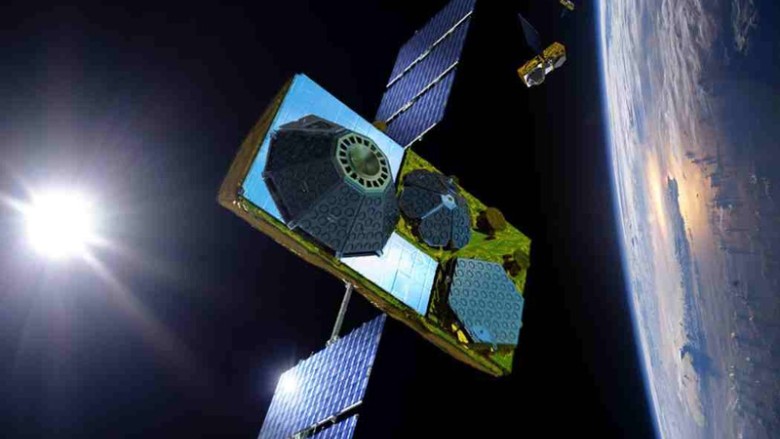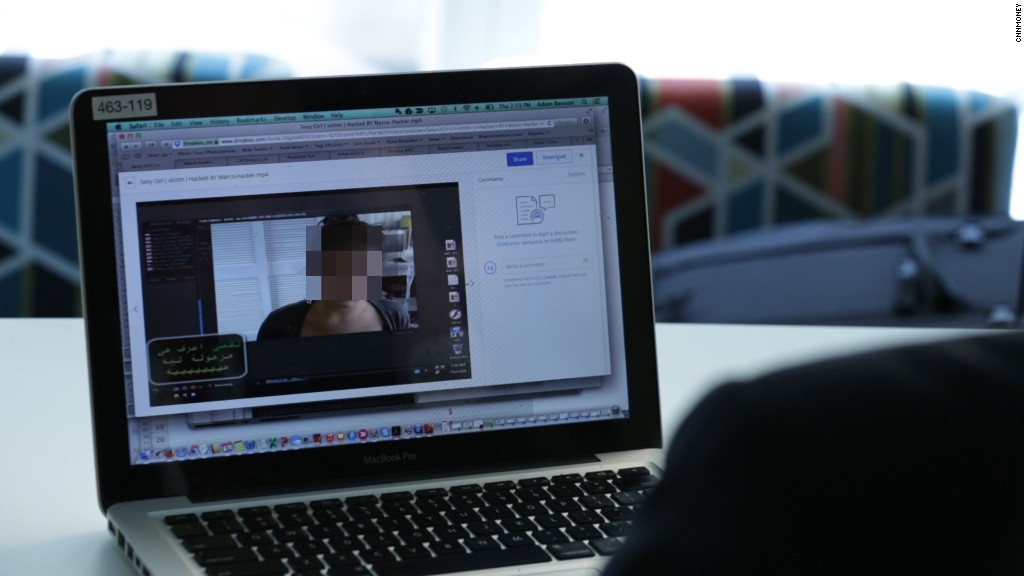
The Globalstar satellite company is fighting back hard against claims that its communication network is hackable.
This week, a security researcher claimed Globalstar's satellite network doesn't properly guard its communication. The potential danger? GPS signals could be spoofed to make shipping and rescue operations run off course.
Colby Moore, a researcher with cybersecurity firm Synack, presented his findings at this week's Black Hat hacking conference in Las Vegas.
But on Wednesday, Globalstar (GSAT) issued a statement blasting the research. The company said it actually does use encryption to prevent the hack that Moore described.
Globalstar called Synack's research merely a ploy for money, "like an auto mechanic who discloses a minute problem in a car that he proposes to repair for a substantial price."
Moore's research set off alarm bells, particularly when it comes to airline safety. Lots of planes transmit their location using Globalstar's system. Lockheed Martin (LMT) Flight Service, which collects pilots' flight plans, signed a deal with the satellite company in June.
In a statement to CNNMoney, Lockheed Martin insists that airports don't use this GPS data to track nearby planes.
Also, on Thursday, the U.S. Air Force clarified that Moore's findings wouldn't affect the actual government-run GPS satellite network. Globalstar's GPS trackers on the ground rely on information from the government's GPS network, military officials told CNNMoney. But any potential flaws, real or not, pertain to the way Globalstar's system talks to itself -- not the government network.


